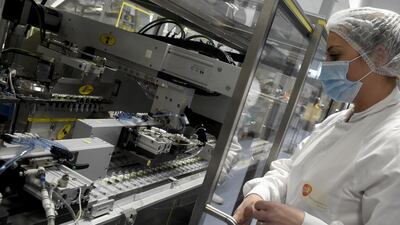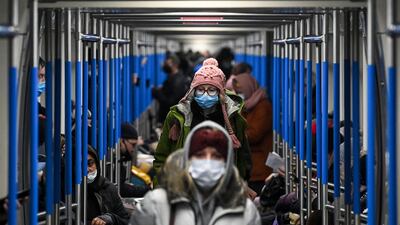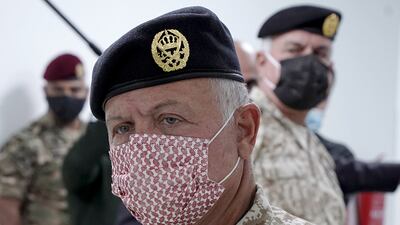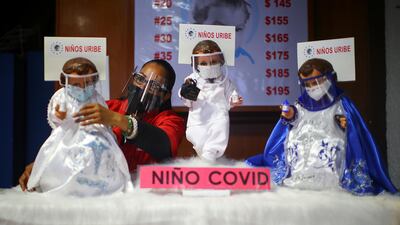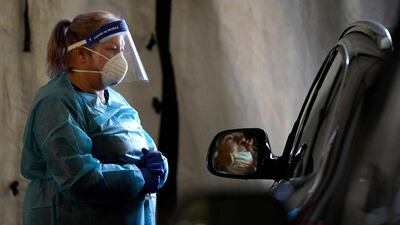Britain’s GlaxoSmithKline (GSK) and France’s Sanofi will delay their coronavirus vaccine until the end of next year after trials showed it could not protect older people.
The pharmaceutical firms hope to revive the vaccine with another study beginning in February but it will still delay the release date until late 2021.
The news is another disappointment for vaccines that rely on conventional designs as the innovative shot developed by Pfizer and BioNTech is rolled out across the UK.
It is also a blow for governments – including those of the US, Canada and Britain, as well as the European Union – that had booked hundreds of millions of doses.
Delays and additional trials are not unusual but the setback highlights the challenges in developing vaccines at record speed, and also underscores why governments have ordered many different shots so they are not replying on just one.
Sanofi said of the trial: “Phase 1/2 study interim results showed an immune response comparable to patients who recovered from Covid-19 in adults aged 18 to 49 years, but a low immune response in older adults, likely due to an insufficient concentration of the antigen.”
Jean-Daniel Lelievre, of France’s Henri-Mondor hospital, was confident the vaccine could be improved. He said: "With this type of vaccine, the result is not a surprise, we know that more antigen is needed in older patients. But when in phase 1 and 2, drugmakers test tolerance and one cannot test strong dosages.
"I would think Sanofi and GSK will be able to improve their vaccine."
The Phase 3 trial was expected to start later this month. However, Sanofi said it would instead launch a phase 2b study in February of next year after recent research in non-human primates – performed with an improved antigen formulation – demonstrated better effects.
"The study will include a proposed comparison with an authorised Covid-19 vaccine," the company said. "If data are positive, a global Phase 3 study could start in Q2 2021. Positive results from this study would lead to regulatory submissions in the second half of 2021, hence delaying the vaccine's potential availability from mid-2021 to Q4 2021."
The two companies said they had "updated governments and the European Commission where a contractual commitment to purchase the vaccine has been made".
The Sanofi-GSK vaccine uses the same protein-based technology as one of Sanofi's seasonal influenza vaccines. It will be coupled with an adjuvant, a substance that acts as a booster to the vaccine, made by GSK.
The Phase 1 and 2 studies tested the safety, tolerability and immune response of the vaccine in 440 healthy adults across 11 sites in the US.
This week, Britain started deploying a vaccine that uses a breakthrough mRNA technology developed by Pfizer and BioNTech, jumping ahead of the rest of the world in the race. Canada gave the go-ahead for the shot, too.
A panel of outside advisers to the US Food and Drug Administration on Thursday voted overwhelmingly to endorse emergency use of the Pfizer/BioNTech vaccine.
Rival developers AstraZeneca and Moderna have also reported late-stage data that shows their shots are effective at preventing the virus.
The AstraZeneca vaccine, developed in partnership with Oxford University, is currently being considered for emergency use by the UK regulator but key questions remain over its effectiveness.
Sanofi is also working on another vaccine candidate to prevent Covid-19 with US company Translate Bio, which will rely on a different technology called mRNA, similar to those developed by Pfizer and Moderna. Phase 1 trials for this vaccine are expected to start this month.
Sanofi and GSK have scaled up manufacturing in order to be ready to produce up to 1 billion doses of their vaccine in 2021.
Meanwhile, Australia on Friday cancelled the production of a Covid-19 vaccine developed by the University of Queensland and using an adjuvant made by biotech firm CSL, after trials showed it could interfere with HIV diagnosis.
